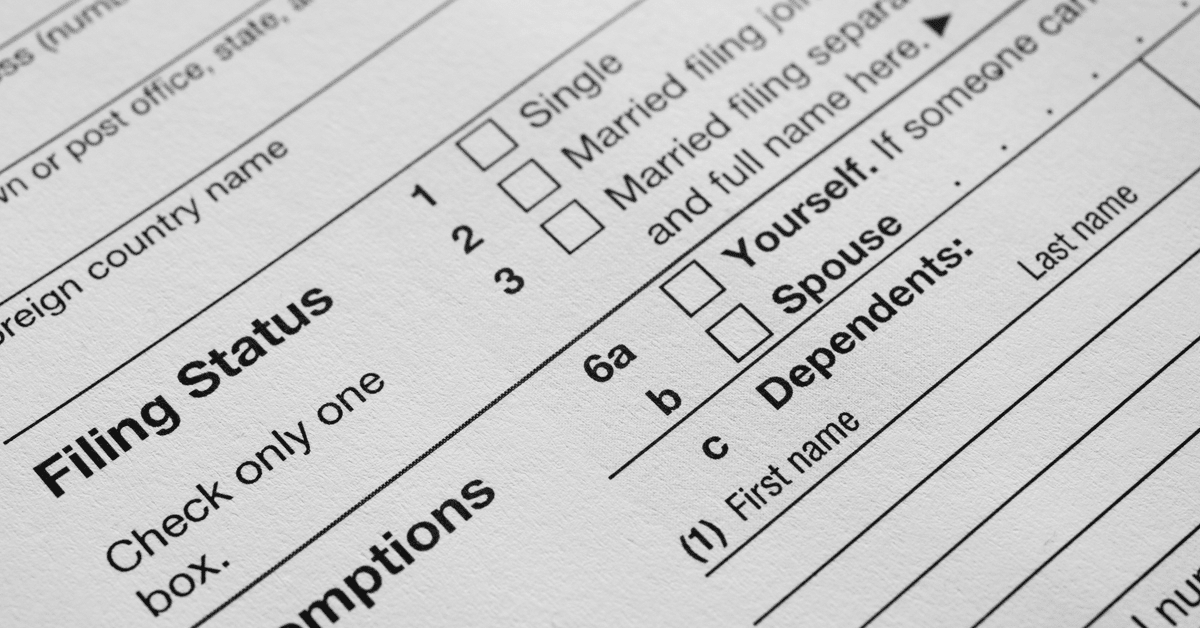
Even the mere mention of an IRS Audit can strike fear into anyone, whether they’re a business owner or simply someone trying to get by. Even if you haven’t done anything wrong, the prospect of an audit can be extremely stressful. And if you know you have a tax problem, the situation can quickly get out of hand. That’s especially true if auditors are trying to conduct an examination on your property.
While audit rates have been at historic lows in recent years, the Internal Revenue Agency’s plans to expand could affect those numbers. If you’ve been ignoring an IRS letter or are involved in a complex tax situation, you might find yourself face-to-face with an auditor, revenue agent, or revenue officer. So, is it okay to let them in?
Can an IRS Auditor Come to My Home or Business?
Yes. While many audit reviews are conducted through the mail (correspondence audits) or at an IRS office, there are cases when the IRS will request a field audit. A field audit is a face-to-face meeting at your home or business, and is the most comprehensive form of examination. During the process, you may be requested to provide various financial statements, home mortgage statements, employee tax forms, previous tax returns, and more.
When you receive notification of a field audit—or if an IRS agent appears at your door—it’s best to contact a tax professional immediately to take control of the situation. There’s one very important reason why: by inviting an IRS agent into your home or business, you are essentially inviting them to profile you.
Why You Shouldn’t Let an Auditor Come Into Your Home or Business
Auditors are trained to examine more about your situation than documents alone. If they enter your home or business and see anything that they find suspicious, they may choose to widen the scope of the audit. They may notice aspects of your lifestyle or standard of living that, in their eyes, seems incongruous with your tax return.
Auditors often talk about professional skepticism in their industry. This prized skill requires auditors to have a questioning mind and sharp observational skills that help them detect and investigate when something “feels off.” That means anything in your home or business could serve as fuel for an auditor to dig deeper into your tax situation.
Limiting the focus and scope of your audit is critical. An audit representative will know exactly how to satisfy the requirements of the audit without providing any extra information that could make the situation worse.
Can IRS Agents Enter Your Home Without Permission?
No. If an IRS agent or revenue officer appears on your property, you are under no obligation to speak with them. You are not under arrest, and you do not have to invite them in. In fact, we highly recommend simply getting the agent’s business card, telling them you or your authorized representative will be in touch, and getting in touch with a tax professional straight away.
About IRS Auditors
There are several types of IRS employee who you may interact with during an audit or audit defense.
- IRS Auditors: Typically responsible for mail (correspondence) audits and office audits, and are typically less invasive and aggressive.
- IRS Revenue Agent: Conduct field audits using generally accepted auditing standards. They are more aggressive and have more training.
- IRS Revenue Officer: Responsible for collections. If a revenue officer is involved in your case, you have a serious problem on your hands and need to contact a tax resolution professional immediately. Call (877) 955-9020 for same-day tax help!
What Triggers an IRS Audit?
Business owners and individuals may be audited for any number of reasons, including but not limited to:
- Mathematical errors
- Failure to report part of your income
- Verifying your eligibility for an Earned Income Tax Credit (EITC)
- Deducting too many business expenses or reporting too many losses
- Tax return involves transactions with other taxpayers who have been audited
- Misclassifying workers
- Random selection based on statistical data
Understanding the red flags that may have triggered your audit is essential to your success.
What to Do in an Audit
The auditing process begins with a notification by certified mail—the IRS will never reach out by phone or email (only scammers do this). This notification should tell you exactly why you’re being audited, what information they need from you to complete the process, and a deadline for responding to the request.
If the IRS is requesting documentation by mail that you can easily provide, it’s important to do so as quickly as possible.
If the IRS is requesting a field audit, or if you know that you have a tax issue, you should contact an Enrolled Agent right away. An Enrolled Agent is a tax professional, usually a CPA or tax professional, who is authorized to represent taxpayers before the IRS. Securing their services shows the IRS that you’re serious about compliance and willing to make things right.
Contact a Trusted Tax Professional Today
At Lothamer Tax Resolution, our highly skilled and deeply experienced Enrolled Agents will take over power of professional as quickly as possible. From there, we’ll use advanced tools and technologies to determine what the IRS knows about you. This allows us to formulate an optimal path to success, providing only what the IRS needs to know—no more, no less.
We understand the ins and outs of tax law, and can help you review internal controls, communicate effectively with the IRS, and reach a resolution. If we need to seek audit reconsideration or file an Offer in Compromise, we will, using our powers of negotiation to fight for the best possible outcome.
Choose Lothamer for Tax Resolution in Michigan, Illinois, Indiana, & Wisconsin
At Lothamer Tax Resolution, we have the People + Technology to help you overcome your tax issue TODAY. We take immediate action to stop collections, take over communications, and get you on the ideal Roadmap to Resolution. Don’t lose any more sleep to an audit or tax issue. Call or text (877) 955-9020 or contact us online to reach your local tax professional today.
"*" indicates required fields




